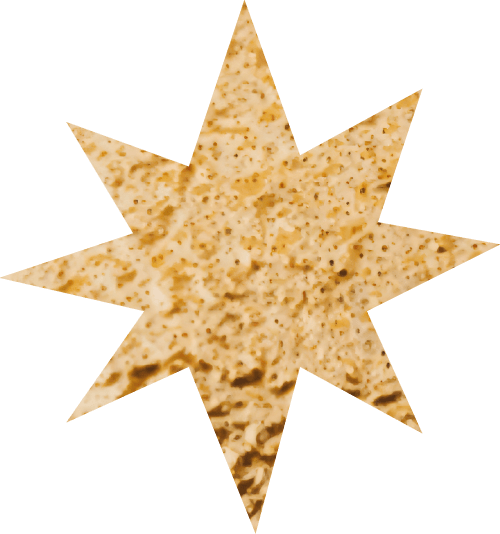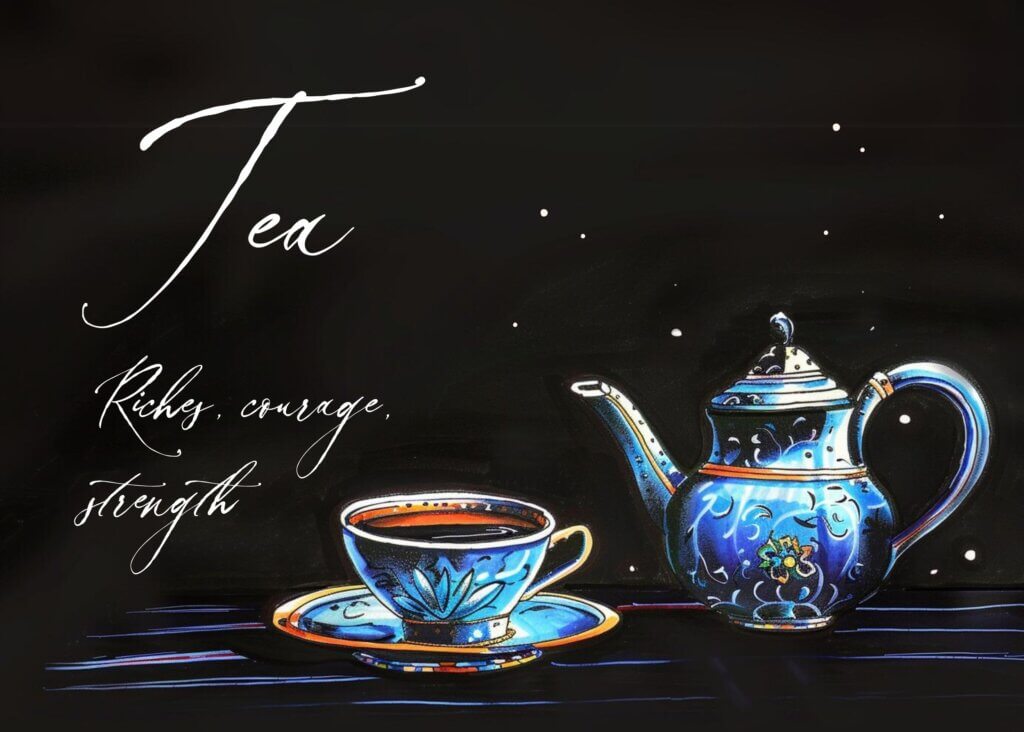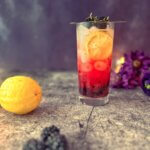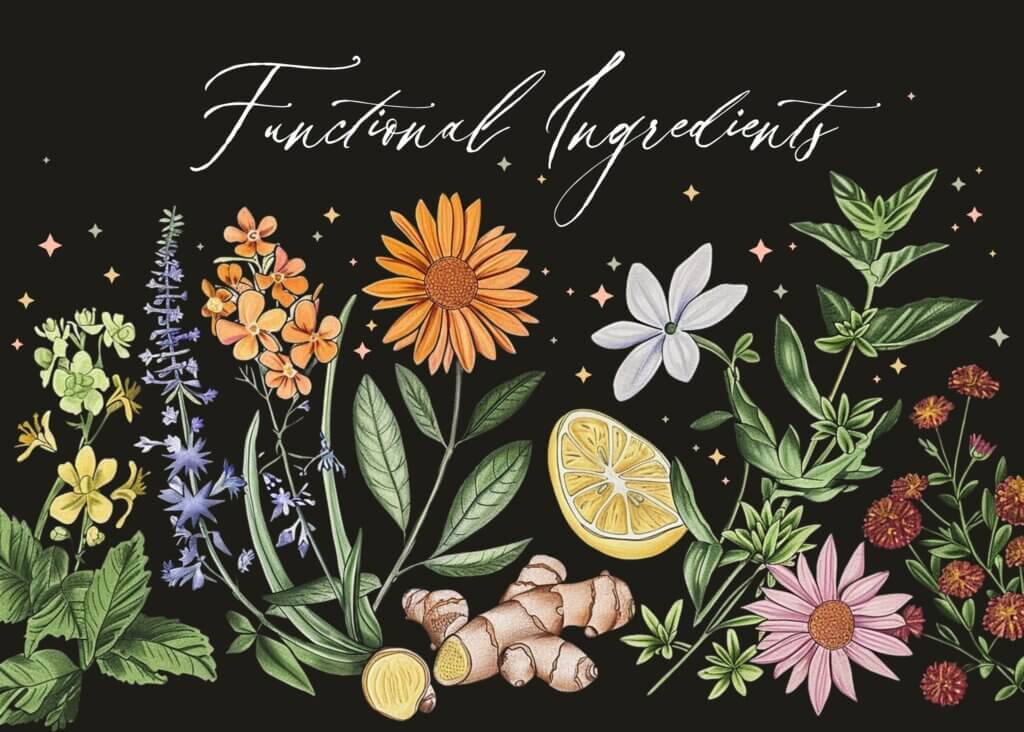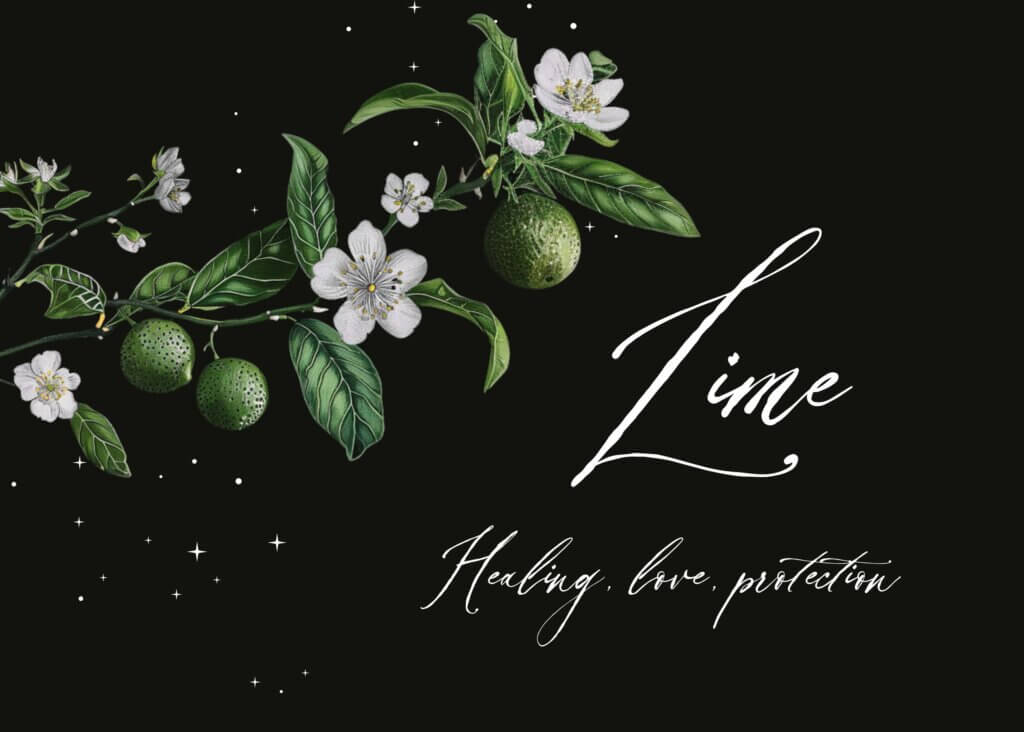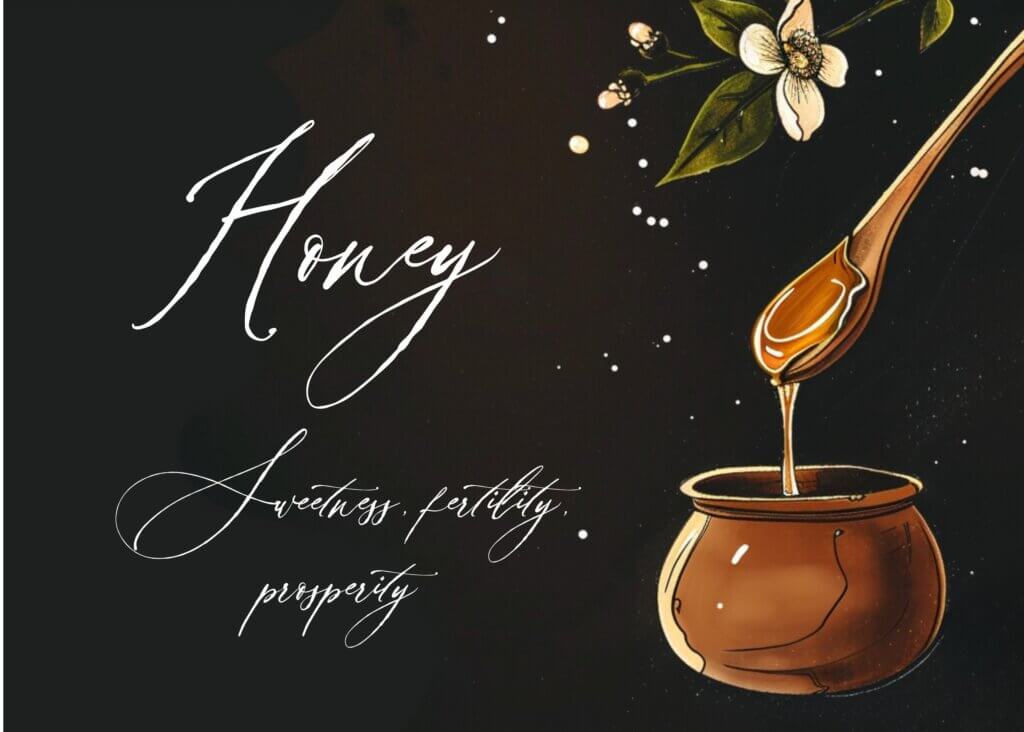Tea Instead of Booze
The “base,” or the ingredient that is being swapped in for the alcohol in these mocktail recipes, is tea. I selected tea for a variety of reasons. It has tons of beneficial compounds, a neutral flavor (unless selected with a stronger flavor in mind, like Earl Grey, for instance), and it has tannins, which provide some of the bitterness and body that we remove when we take the alcohol out of a cocktail. This does, of course, mean that these recipes include caffeine, although white tea, which you will see most often, has the lowest amount of caffeine of all the tea types.
That said, you are welcome to swap in decaffeinated teas (or decaf coffee, in the recipes that call for it). I also encourage you to select herbal teas with neutral flavors that may also have the metaphysical qualities you wish to draw upon in your spell work. As I’ve said before, the purpose of this website is to experiment and make these potions your own.
Here’s everything you ever wanted to know about the teas we will be exploring in these recipes.
Functional Benefits of Tea
White Tea
White tea is comprised of new, young tea leaves and buds from the camellia sinensis plant and is only harvested for a few weeks each spring from the southeastern coast of China. Just like champagne, white tea can only be called “white tea” if it comes from the Fujian province.
Although white tea was popularized and widely revered in the Song Dynasty (960-1269), it was relatively unknown to the rest of the world until very recently. Only royals were allowed to consume it, and it is rumored that it could only be served as a tribute to the emperor by virgins with white gloves.
The main difference between white tea and other teas is that white tea undergoes minimal fermentation, ensuring a very delicate aroma and flavor. As stated above, it does contain caffeine, albeit 15% less caffeine, give or take. To reduce your caffeine intake, steep your white tea for a maximum of 5 minutes in hot water that’s no more than 194°F (90°C). For reference, the boiling point of water is 212°F or 100°C – so stop your teapot just shy of boiling. Alternatively, opt for decaffeinated white tea.
Revered throughout Asia, white tea has been used for centuries as a beauty aid to condition skin, hair and nails. It is packed with polyphenols, which have antioxidant benefits that may help reduce chronic inflammation by protecting the body against damage from free radicals. These same polyphenols like those may also help relax blood vessels, boost immunity and prevent bad cholesterol, all contributing to a lower the risk of heart disease.
The caffeine in white tea works synergistically with catechins to help the body burn fat and boost metabolism and studies have shown that the teas’ other compounds help fight bacteria on teeth. Test-tube studies have shown promising indications that white tea extract suppresses several types of cancer cells and stops them from spreading, however more human research is needed.
White tea may also lower the risk of insulin resistance and improve blood sugar control, lower the risk of osteoporosis, protect the skin from damage linked to aging and lower the risk of Alzheimer’s and Parkinson’s diseases.
So in summary, white tea is good for:
- Conditioning hair, skin and nails
- Reducing inflammation
- Protecting against heart disease
- Boosting metabolism
- Fighting plaque
- Suppressing cancer cells
- Improving blood sugar control
- Averting osteoporosis
- Anti-aging
- Support against Alzheimer’s and Parkinson’s
Magical Uses of White Tea
The metaphysical correspondences for white tea are cleansing, clarifying, aural health, psychic abilities, connection with Spirit, fertility, youth, and new beginnings.
Witches used to fill pillows with dried tea leaves, believing this to banish negative thoughts and nightmares while refreshing their energy as they rested.
Magical Uses of Green Tea
The metaphysical correspondences for green tea are health, love and passion, energy, cleansing and money.
Burn tea leaves to ensure future riches and add to money mixtures and sachets.
Use as a base for lust potions.
Matcha Tea: matcha is beneficial for mental clarity and overall well-being and health.
Magical Uses of Black Tea
Courage, banishing boredom, prosperity and money, mind stimulation.
Include in talismans to give the wearer courage and strength.
Magickal Uses of Earl Grey (Bergamot)
Protection from evil, illness and magickal interference.
